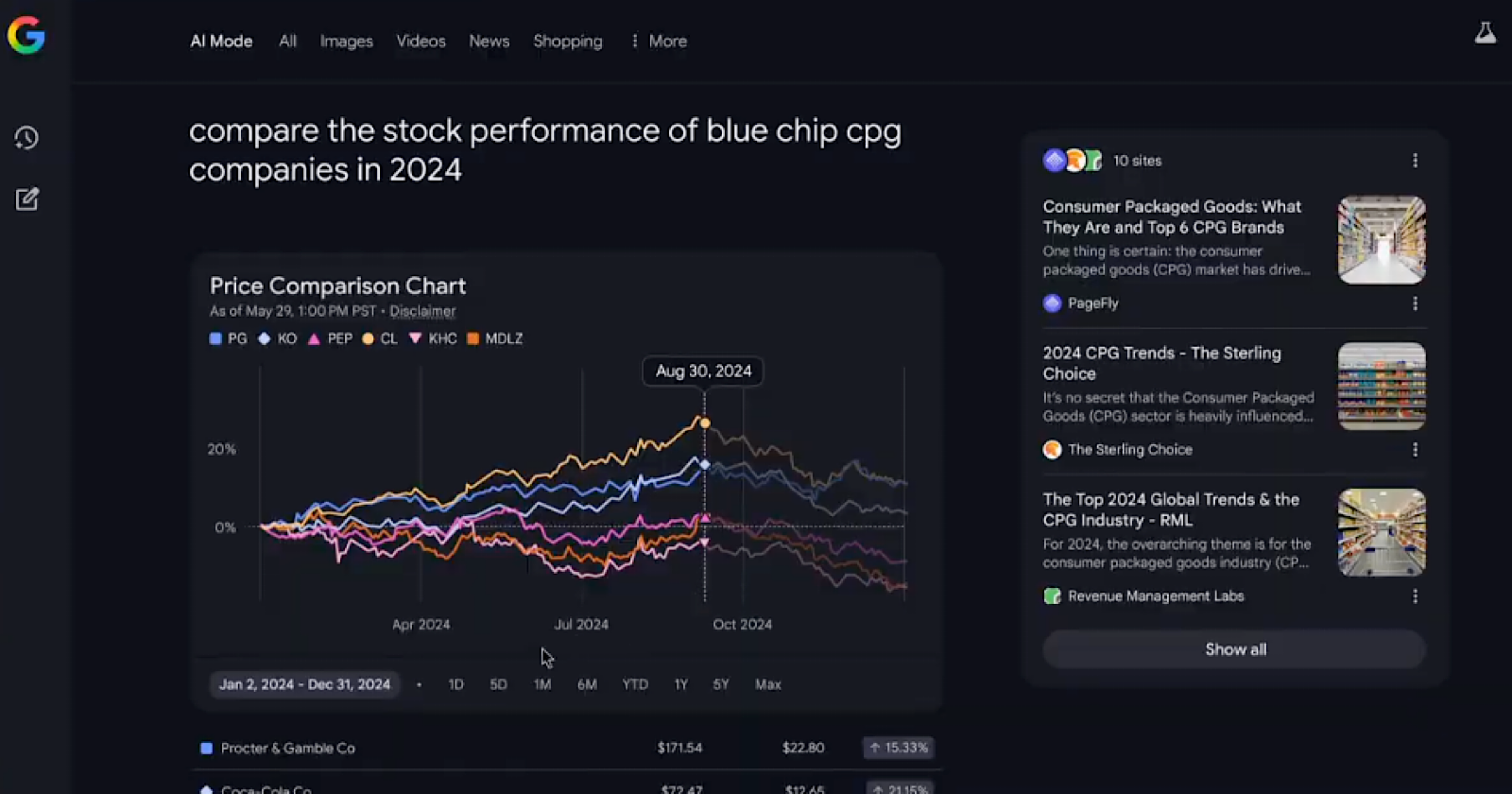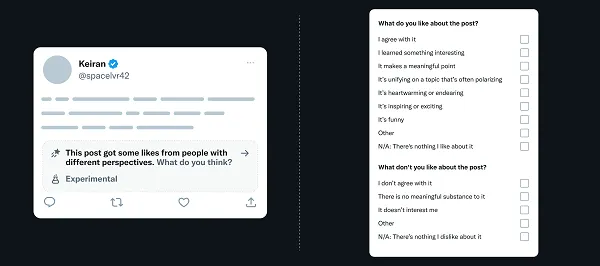Member Mondays Recap: How Word Choice Shapes Positive Perceptions in Challenging Times
Besides having political animosities, “Americans are angry at big business,” Michael Maslansky said. In his research, “42% think that big business makes life worse, while only 35% think it makes life better.” Maslansky is CEO of Maslansky+Partners, a New York-based communications consultancy that focuses on the use of language. He was the guest on May […] The post Member Mondays Recap: How Word Choice Shapes Positive Perceptions in Challenging Times first appeared on PRsay.

Besides having political animosities, “Americans are angry at big business,” Michael Maslansky said. In his research, “42% think that big business makes life worse, while only 35% think it makes life better.”
Maslansky is CEO of Maslansky+Partners, a New York-based communications consultancy that focuses on the use of language. He was the guest on May 12 for Member Mondays, PRSA’s twice-monthly webinar hosted by 2025 Chair Ray Day, APR, Stagwell vice chair and Allison Worldwide executive chair.
Some 35% of respondents to Maslansky+Partners surveys since 2023 said they trust big business “never or only a little of the time,” compared to 29% who said they trust big businesses. Fewer than half the Americans surveyed trust any industry “most of the time.” Alarmingly, more than 40% of respondents said they accept violence against big business or refuse to reject it.
Messages that ‘make us feel good’
In this fraught, chaotic environment, language choices can change perceptions, said Maslansky, the author of “The Language of Trust.”
“You have to close the gap between what you say and what people hear,” he said. At his firm, “We’re always looking at what might create a negative association in communications, or that might not be interpreted in the way that it’s intended. How can we reframe the message so that you get a more effective, more positive association?”
As an example, he cited corporate environmental, social and governance (ESG) initiatives, which he said are not communicated effectively because of how the ideas are framed. “It is very easy to demonize an acronym,” he said.
From Maslansky’s perspective, “Most of the big political debates of the day, and in the case of many companies, their successes or failures — in launching a product, in communicating a strategy internally — is based on semantics. How well do you communicate an idea? How effectively do you convey it with the word-framing language that you use?”
About two years ago, amid the “anti-woke backlash, we asked, ‘What if ESG is not the problem, but instead it’s the language? Right now, the biggest problem with ESG is the way that it’s framed. When we looked at the different elements of ESG and asked whether companies that are environmentally responsible are more or less likely to succeed financially, almost 80% of respondents said ‘more likely.’”
Likewise, when survey respondents were asked about companies “that take care of their employees, which doesn’t represent all of the ‘S’ [the social aspect of ESG] but is a core element of the ‘S,’ [along with diversity initiatives], 96% said that those companies were more likely to succeed financially,” Maslansky said. “And about holding their leaders accountable [the governance aspect of ESG, which also includes monitoring the diversity of corporate boards], 88% said the same.”
In his company’s testing, an alternative term to ESG is “responsible business,” which is “meant to communicate the same things,” Maslansky said. When considering abbreviations commonly used in corporate communications, such as DEI and ESG, “one of the things we look at is how politically coded this language is. How strongly do people associate an acronym with a political agenda?”
About half of people associate ESG with a progressive political agenda, he said. “DEI is seen as even more politically coded. The in-group has created this lexicon that excludes everybody else.”
In his research, “a term like ‘responsible business’ doesn’t have a particular partisan affiliation.”
There are four principles that Maslansky continues to come back to when communicating during chaos.
“Broadly speaking, they are: Let’s be plain-spoken. Speak the language of the people. Let’s be plausible. We have to recognize who our audience is and speak in terms that are credible to them. Be personal. In this case, I’m going to talk about focusing on materiality, not morality, which is about tapping into what it is that people think about the topics that companies are going to talk about or should talk about today. And finally, be positive, which is focusing on what you’re for, not what you’re against, and focusing on the future, not the past.”
When companies communicate, “We often say the messages that make us feel good,” he said. “But they are not necessarily the messages that work.”
Communicators must figure out “how to close that gap, to find the messages that will resonate with our audiences, that will be interpreted the way that we want them to be interpreted,” Maslansky said.
Watch a replay of the May 12 session below:
Held on the second Monday of every month, the information-sharing Member Mondays are available to PRSA members and nonmembers and focus on topics of interest to the communications profession. There is another session on the fourth Monday of every month for PRSA leaders of Chapters, Districts and Sections, focusing on best-practice sharing and progress on PRSA’s Strategic Plan. Find more information here.
Illustration credit: business image
The post Member Mondays Recap: How Word Choice Shapes Positive Perceptions in Challenging Times first appeared on PRsay.



























![How To Launch, Grow, and Scale a Community That Supports Your Brand [MozCon 2025 Speaker Series]](https://moz.com/images/blog/banners/Mozcon2025_SpeakerBlogHeader_1180x400_Areej-abuali_London.png?auto=compress,format&fit=crop&dm=1747732165&s=beb7825c980a8c74f9a756ec91c8d68b#)
![Clicks Don’t Pay the Bills: Use This Audit Framework To Prove Content Revenue [Mozcon 2025 Speaker Series]](https://moz.com/images/blog/banners/Mozcon2025_SpeakerBlogHeader_1180x400_Hellen_London.png?auto=compress,format&fit=crop&dm=1747758249&s=9f3c5b1b7421f862beace1cb513053bb#)
![How To Create an Integrated Strategy That Increases Brand Mentions and Visibility [Mozcon 2025 Speaker Series]](https://moz.com/images/blog/banners/Mozcon2025_SpeakerBlogHeader_1180x400_JamesH_London.png?auto=compress,format&fit=crop&dm=1747780409&s=9bf9f0a2623b4a8be6eaf8f235115505#)





















![The 11 Best Landing Page Builder Software Tools [2025]](https://www.growthmarketingpro.com/wp-content/uploads/2024/04/best-landing-page-software-hero-image-1024x618.png?#)




















































![41 Instagram features, hacks, & tips everyone should know about [new data]](https://www.hubspot.com/hubfs/Instagram-hacks-1-20240916-2633447.webp)








![Social media image sizes for all networks [June 2025]](https://blog.hootsuite.com/wp-content/uploads/2023/01/Social-Media-Image-Sizes-2023.png)























